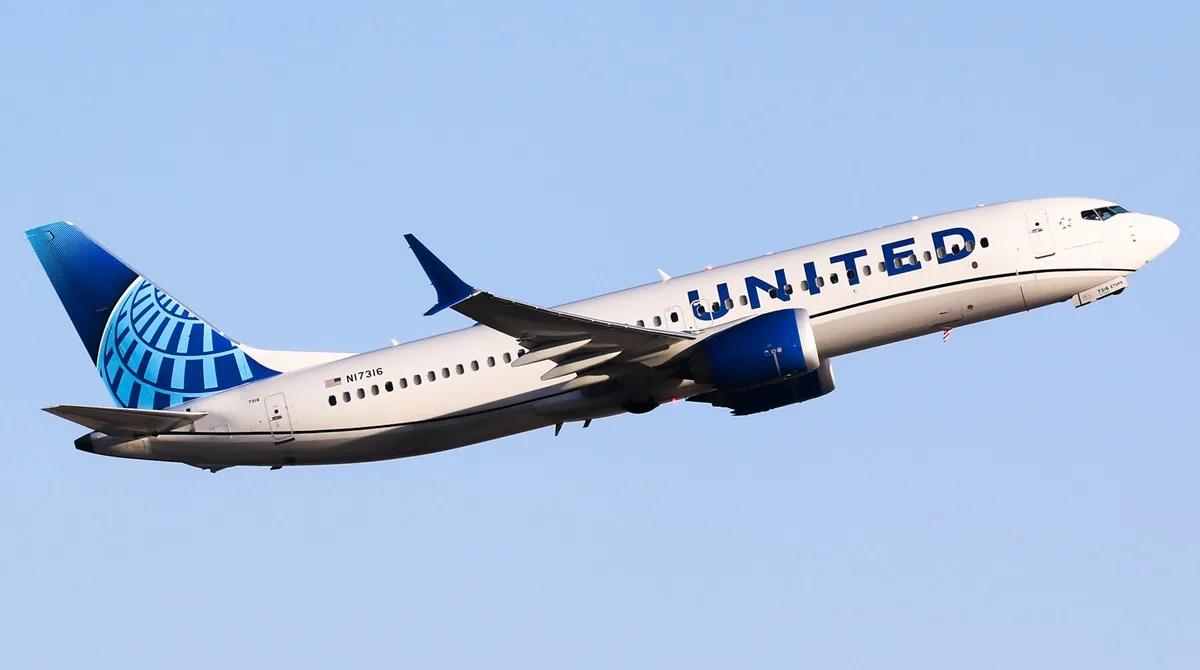
Some budget airlines, including carriers that fly in and out of Las Vegas, charge extra fees when you book a flight online. However, when you book in person, these charges are waived.
So, if you want to save money, go to the airline’s ticket counter at Harry Reid International Airport and speak with an associate who can waive these fees when you book your trip in person. All you need is an ID, where you wish to fly, and when.
Though this tip can yield savings of nearly $50 on round-trip flights, it also comes with some stipulations, including limited counter hours for some airlines.
Here’s a look at the online booking fees that discount airlines flying in and out of Las Vegas charge:
Sun Country Airlines
Once you reach the checkout page while purchasing a flight on suncountry.com, you may notice something called the “Passenger Interface Charge” in the price breakdown. The charge was first introduced in April 2022, and though it may take on various names, it is common among low-cost airlines, said a spokesperson for Sun Country Airlines.
Sun County’s fee is $22 per passenger per flight segment. A flight segment is a single undivided trip between two cities with one distinct flight number. For example, a nonstop flight from Las Vegas to Chicago has one segment, while a flight from Las Vegas to Chicago with a stopover in Arizona has two segments.
As is the case for other airlines like Allegiant Air, Frontier Airlines, Spirit Airlines, and Breeze Airways, the charge is assessed when a customer makes a reservation online or through the airline’s call center.
This means that if you purchase one non-stop round-trip ticket, you may be charged $44 on top of the base airfare cost. If you travel with multiple passengers or have layovers, these fees can add up.
For example, if you want to travel as a family of four on non-stop flights — or even as a couple with connections on both departing and returning flights — booking online could rack up nearly $200 in fees.
Per regulations enforced by the U.S. Department of Transportation, airlines must have an option where customers can avoid these charges. This is where buying a ticket in person can be worthwhile.
Allegiant Air
At Allegiant Airlines, the online booking fee goes by the name of an “Electronic Carrier Usage Charge.” It follows similar rules as Sun Country Airlines: $22 per passenger, per segment to be billed on top of base airfare.
Stephanie Garibay, a spokesperson for the company, said that passengers who buy tickets at the airport do not pay this fee. Still, Garibay said, “a small number” of passengers use this method.
“Allegiant does not sell tickets on third-party platforms,” Garibay said in an email. “And we do not partner with online travel agencies such as Expedia or Travelocity. This is a fundamental aspect of our business model and allows us to offer industry-low fares. The most up-to-date fares, times, and routes can only be found on our website.”
Frontier Airlines
Frontier Airlines, according to the company’s website, adds a “Carrier Interface Charge” that can be as high as $23 per passenger per flight segment. The fee is billed on both standard and Discount Den — Frontier’s annual membership program — fares.
Spirit Airlines
Spirit Airlines lists its “Passenger Usage Charge” under the optional services page on Spirit.com. According to this, the fee ranges from $3.99 to $22.99 for each leg of a trip and applies to bookings created “online, at international airports or via reservation centers.”
Breeze Airways
Flights booked online with Breeze Airways include a “Technology Development Charge.”
Lukas Johnson, Breeze Airways’ chief commercial officer, said that customers can often save on their reservations by booking directly at the airport, where this charge can be waived. However, Johnson added, this method is not always the best way to save.
“To qualify, Guests must purchase their tickets at the ticket counter between 8:00 a.m. and 10:00 a.m. PT on Tuesdays,” Johnson said in an email.



